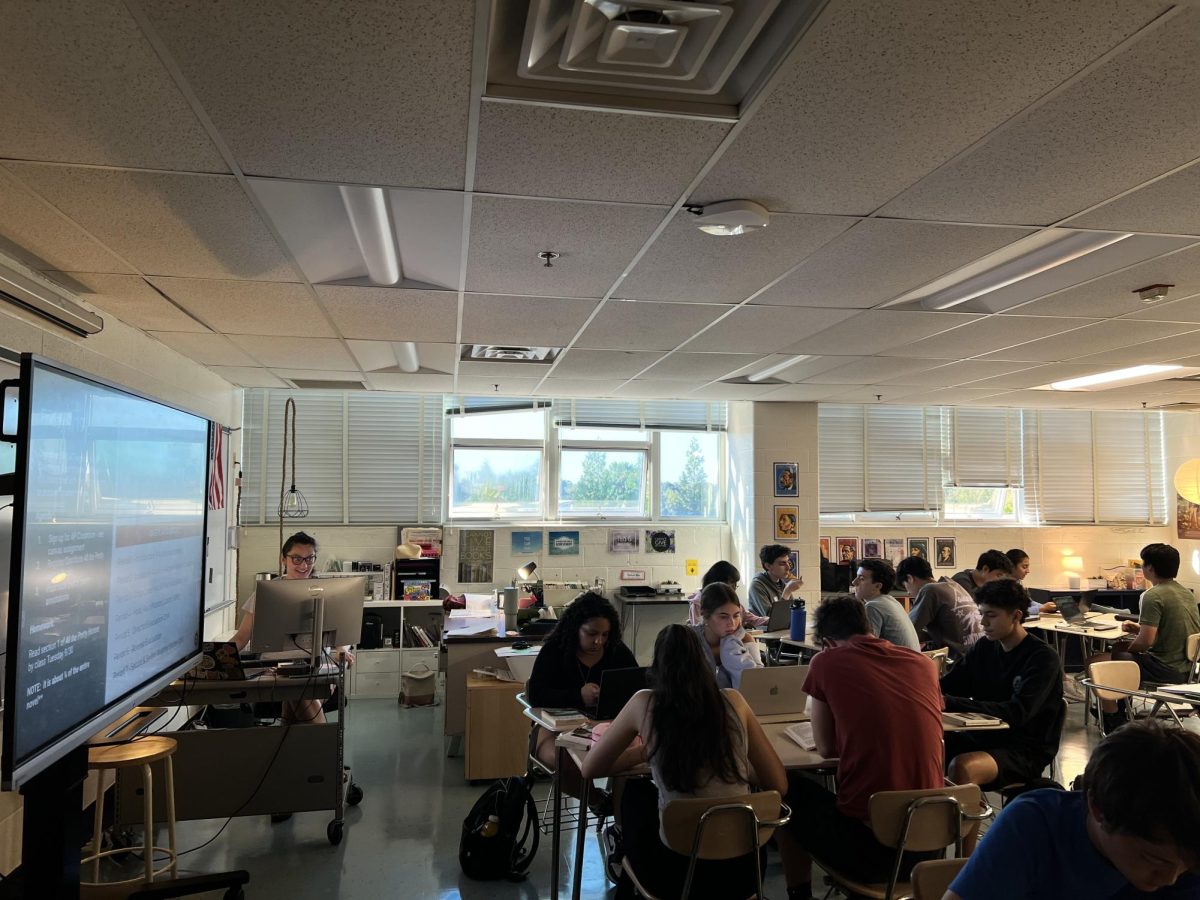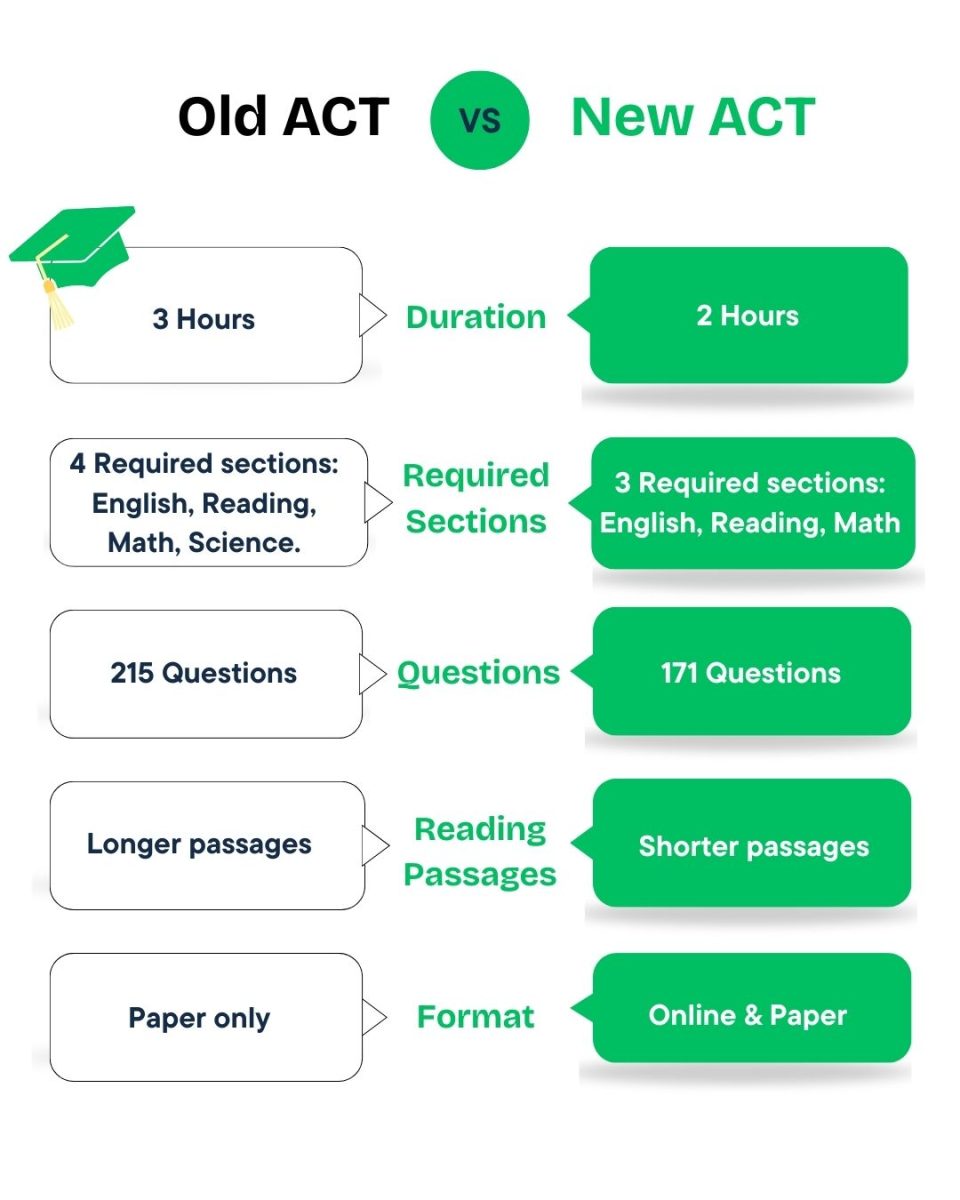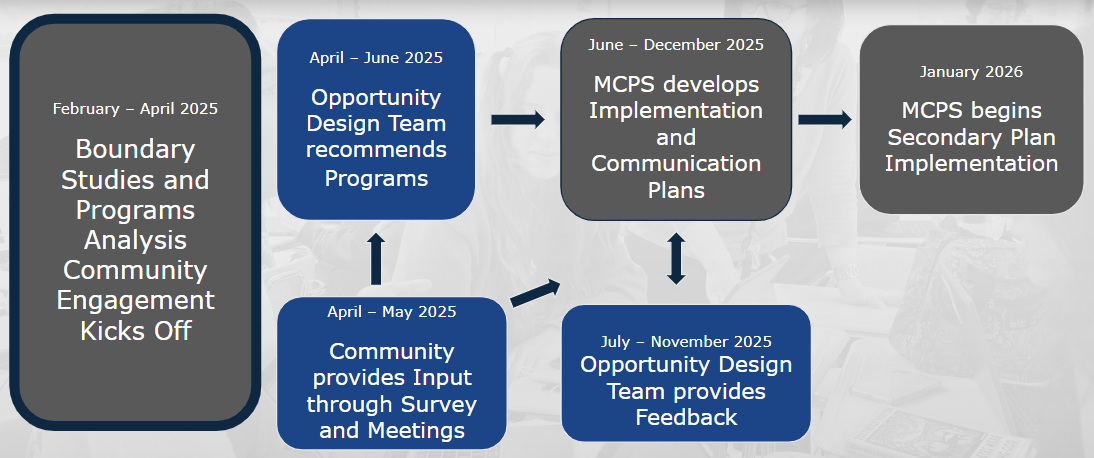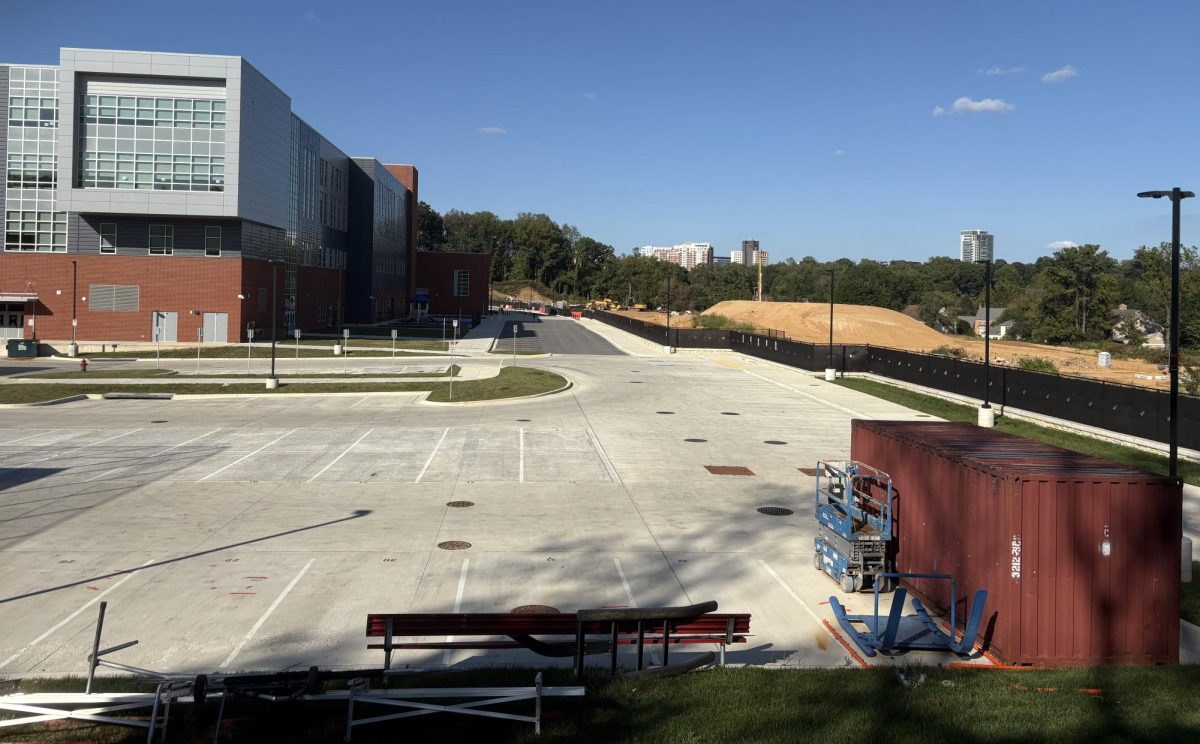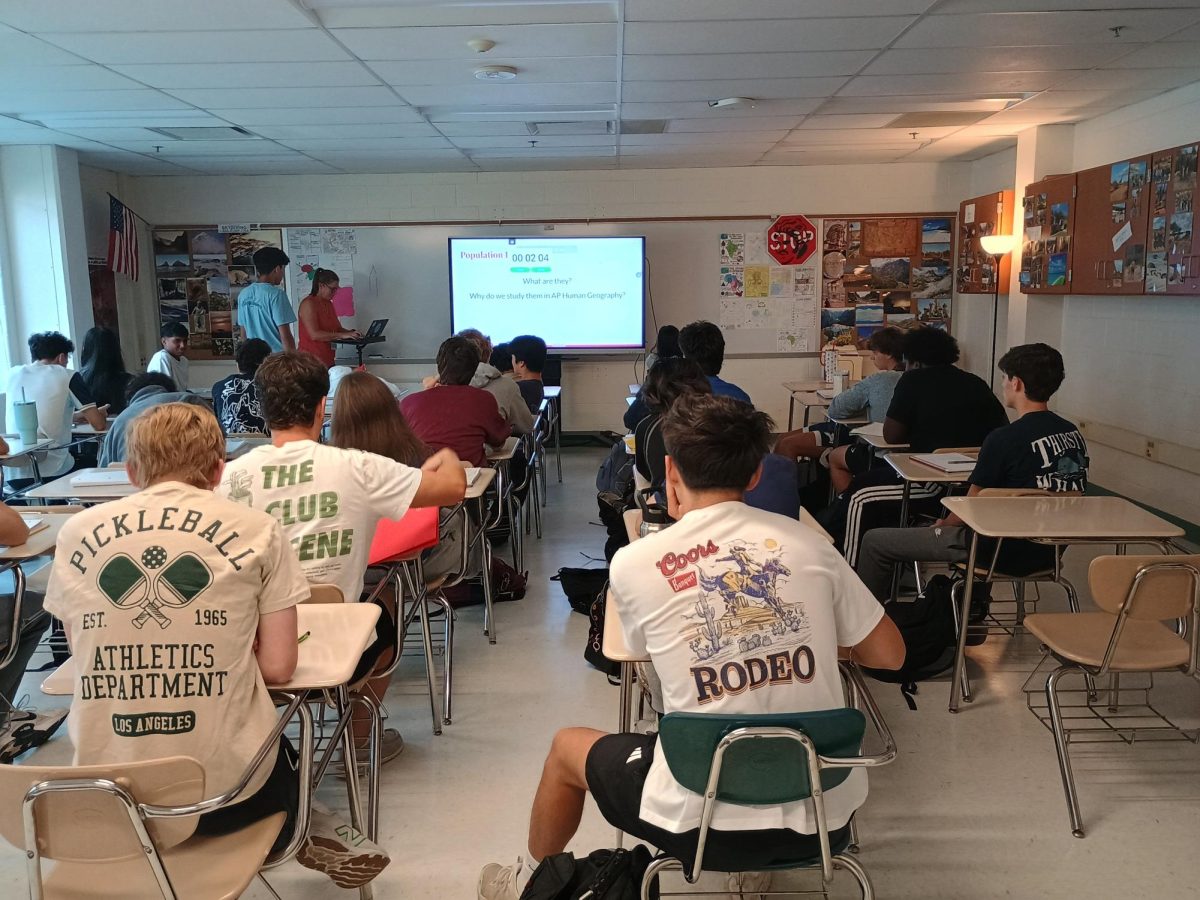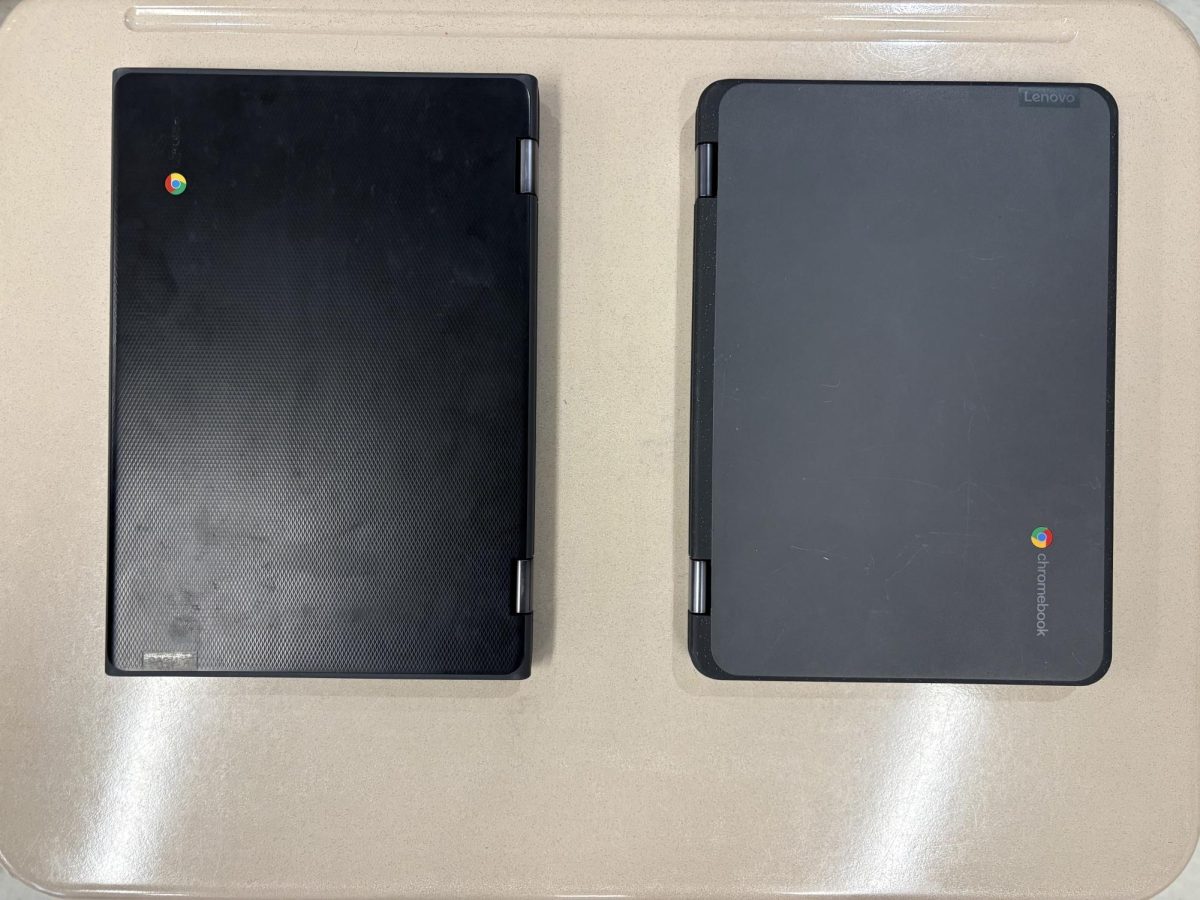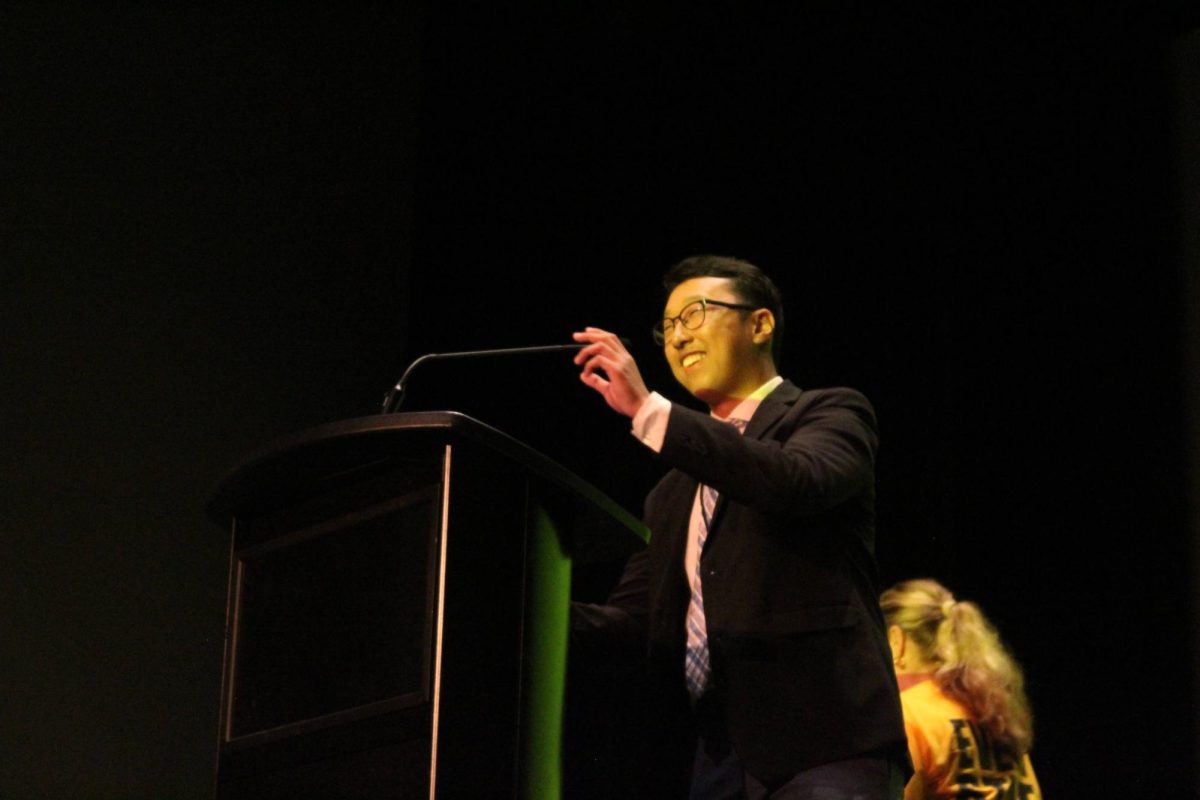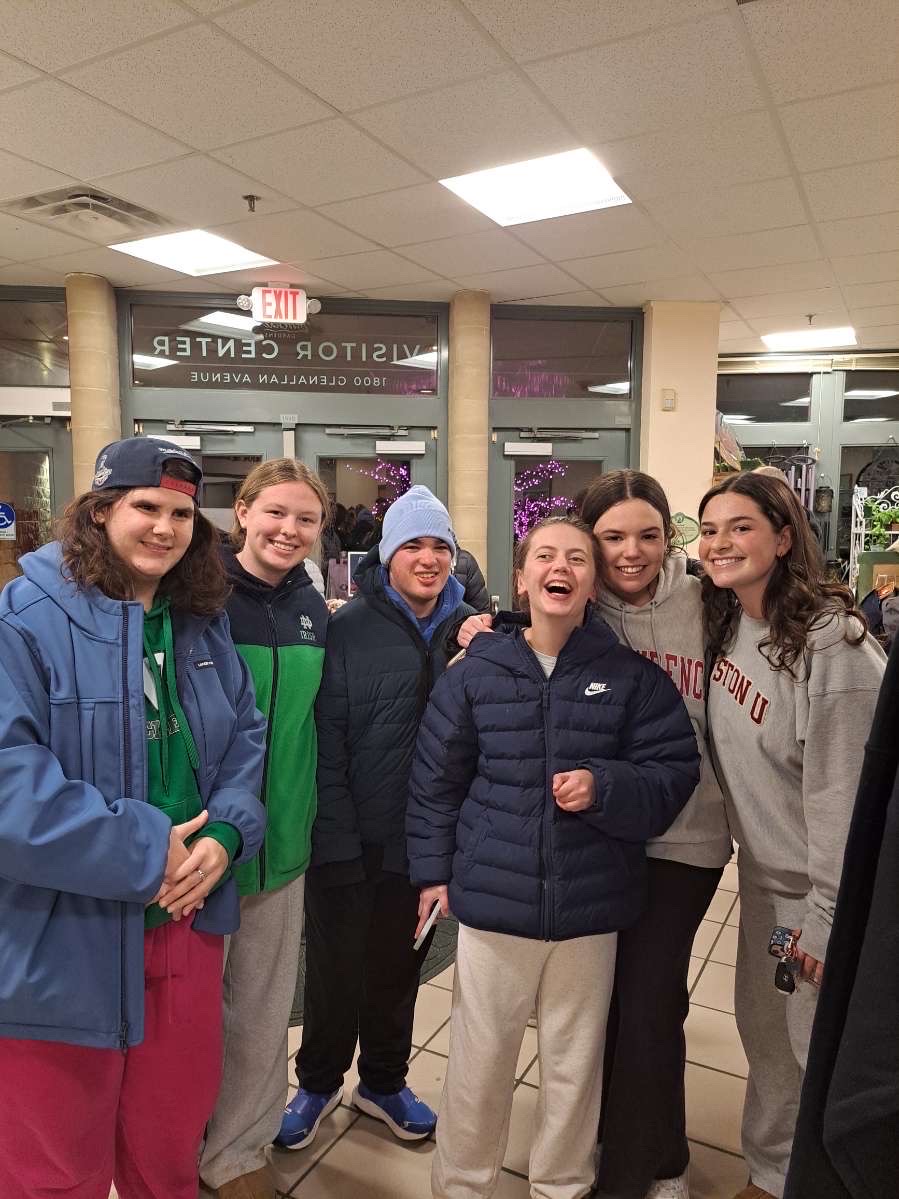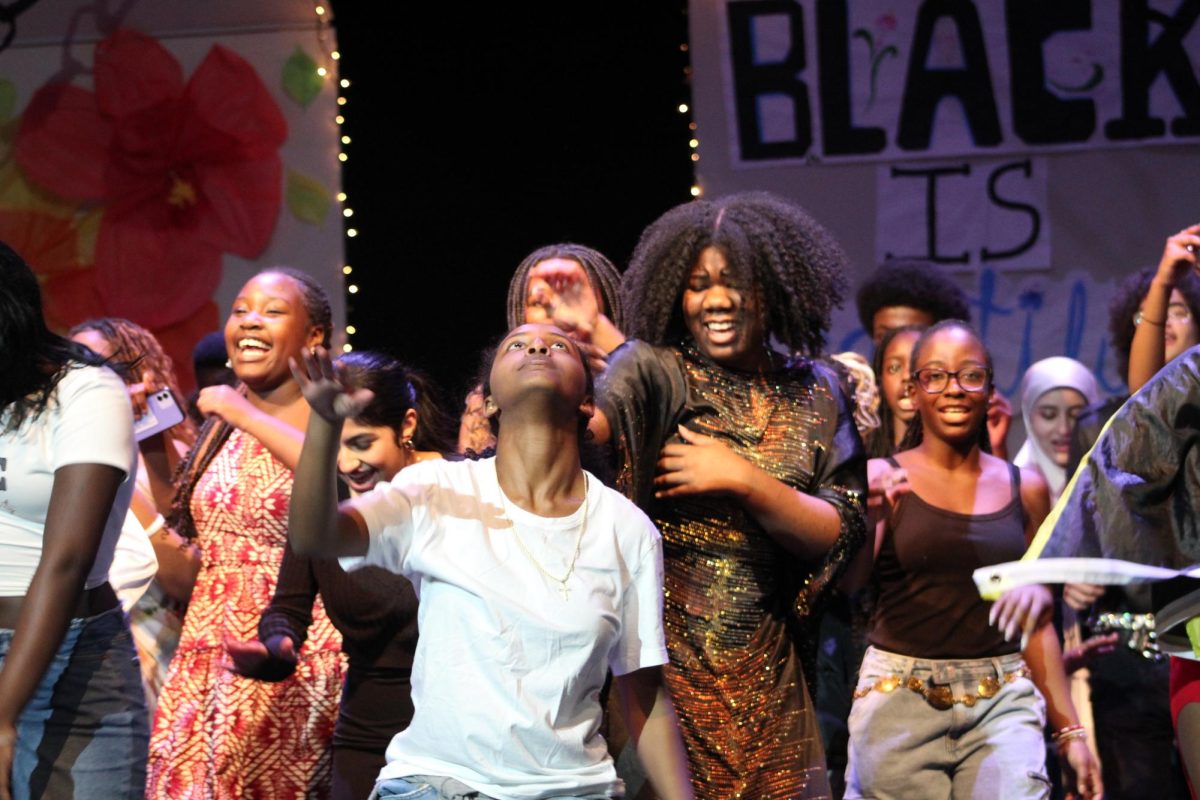From answers on math tests to plagiarism in English, the WJ community is no stranger to cheating. Most define cheating as gathering prior information for the sake of doing better on a test or collaborating on a graded assignment for answers. However, not everyone views cheating the same way, and not everyone is aware of the consequences.
Recently, there was an instance of cheating in a Physics class where a number of students collaborated on and shared answers for an individual assignment.
“I noticed quite a few submissions from the last lab had overlapping similarities in terms of structure of the response and they all made the same conceptual error. So I decided to investigate further and realized a significant amount of them all had the exact same data and calculations that included all the same types of mistakes, so that’s how I was able to notice what was happening,” an anonymous teacher said.
Those who came forward after the teacher announced that the instance of cheating had been discovered received a 50% deduction on their retake while the rest received zeros and an email home to the parents.
“The teacher obviously found out, it was more than half her kids… Honestly usually I think in any other class it would be like you get the zero and move on, but she was really understanding about it,” an anonymous student said.
WJ has a code of academic integrity which clearly defines what cheating and plagiarism are. Most teachers also have their own policies for cheating, including students involved receiving zeros on the assignment or quiz or deduction of points. Occasionally letters are sent home to parents or administrators.
“I’ve never been caught for cheating on assignments and tests even though I’ve done it a bunch of times. I don’t know anyone who doesn’t cheat, and only a few people get caught,” senior Beeca Scherr said.
Plagiarism and cheating are different things, and while some students are not bothered by cheating, plagiarism is where they draw the line.
Additionally, students and teachers have mixed opinions on the reasons for cheating. Often, students collaborate on “busy work” assignments, rather than quizzes and tests, simply to get the assignment done.
“I cheated on a lot of stuff, but it was just like basic stuff, like nothing too important, no final projects, just busy work, homework. If I didn’t think it was going to improve my education and if it was like practice on something that I was already good at, then yeah I would just copy stuff down,” an anonymous student said.
The spread of academic dishonesty has worsened as a result of the recent years of virtual school where it was much easier for students to cheat and share information without the fear of getting caught or penalized due to the virtual barrier.
“In online school last year, my Physics class, we had like a physics group chat where we sent answers to stuff, and everyone was cheating, literally everyone in the class, and then our teacher found out and gave everyone lectures and people zeros on assignments,” senior Tahlia Boxt said.
Some have also taken it upon themselves to report instances where they have found classmates engaging in academic dishonesty.
“In three classes alone I found three cheaters already, that have been cheating on [the] multitude of -not like small quizzes- but tests and essays, which has been very detrimental… I have witnessed three [instances of cheating] and I have reported three,” freshman Ava Lantz said.
Some teachers also view instances of cheating as a learning experience, since the intention is not to punish but to be a lesson for the future.
“The whole point of the consequence is not to punish students but more for them to have this learning opportunity,” an anonymous teacher said.
Teachers have witnessed cheating and plagiarism throughout their careers and urge students to stay away from engaging in them.



